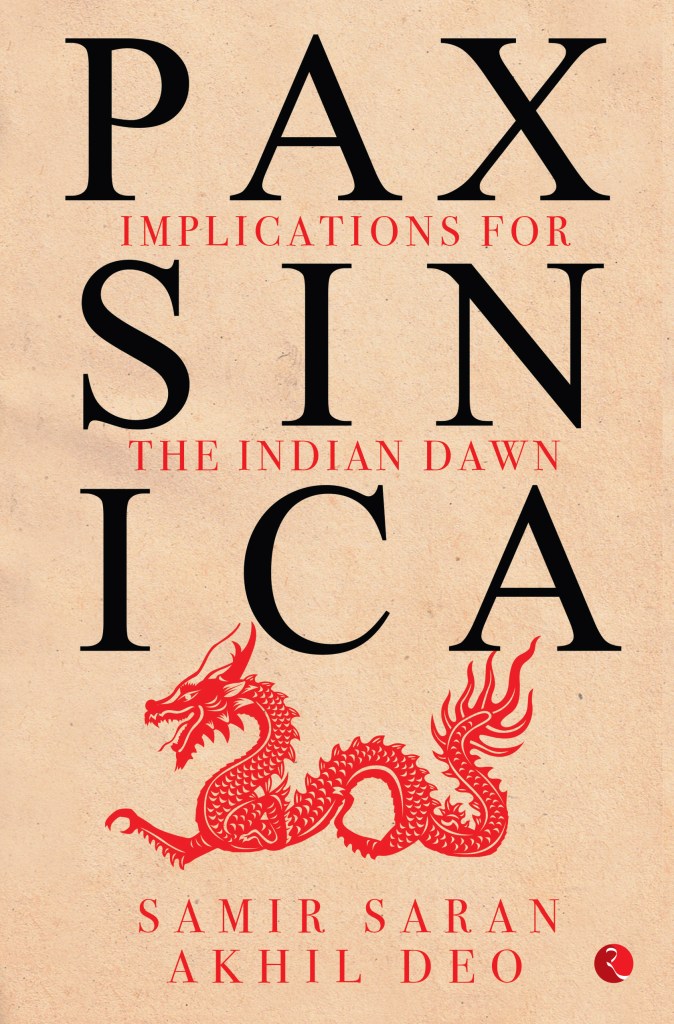Soon after his elevation to the post of General Secretary of the Communist Party of China, Xi Jinping rapidly consolidated power at home and expanded China’s influence in the international system. His desire to achieve the ‘China Dream’ by the middle of the century has seen him steadily erode the norm of ‘collective leadership’ at home and has made China’s presence across Eurasia and the Indo-Pacific more expansive. He has determinedly set about reshaping the world order for the benefit of his Communist Party.
Samir Saran and Akhil Deo offer a retrospective reading of how this came to be—tracing the key policy shifts that have come to define China in the Xi Jinping Era. From the creation of the Asian Infrastructure Investment Bank to the Doklam standoff, they identify pivotal decisions and events that have shaped China’s engagement with the world—and how global powers, especially India, have responded to the Middle Kingdom’s rise.
Read here – https://rupapublications.co.in/books/pax-sinica-implications-for-the-indian-dawn/
